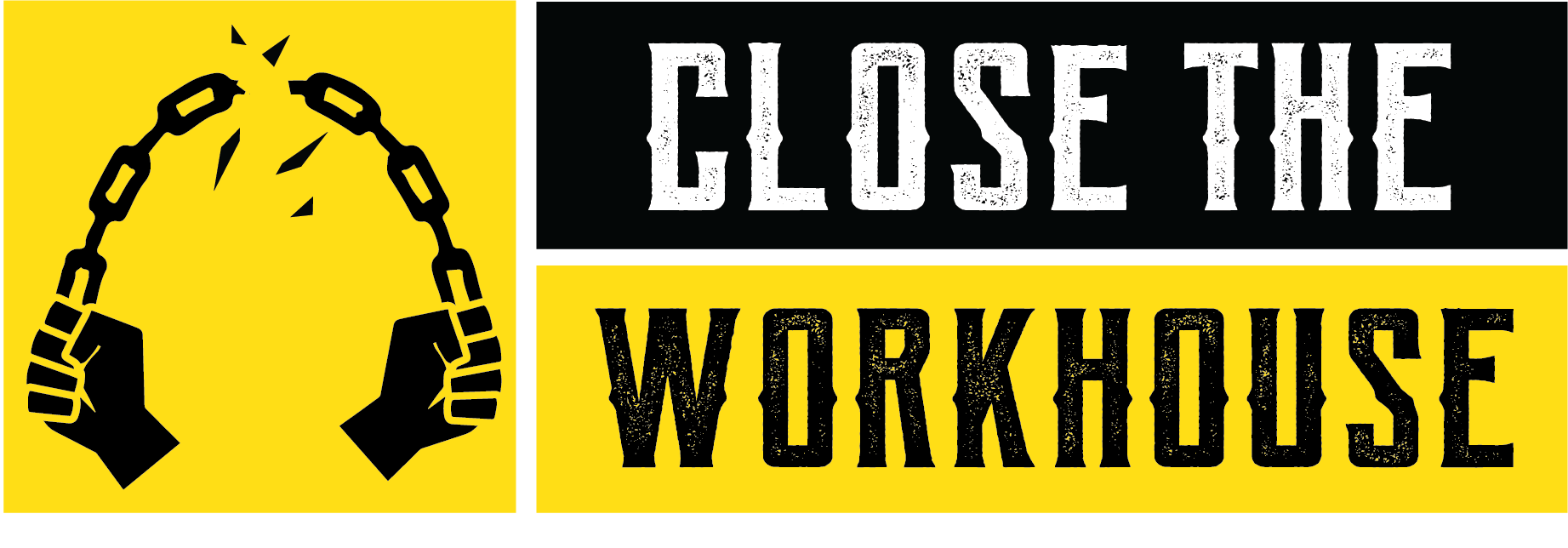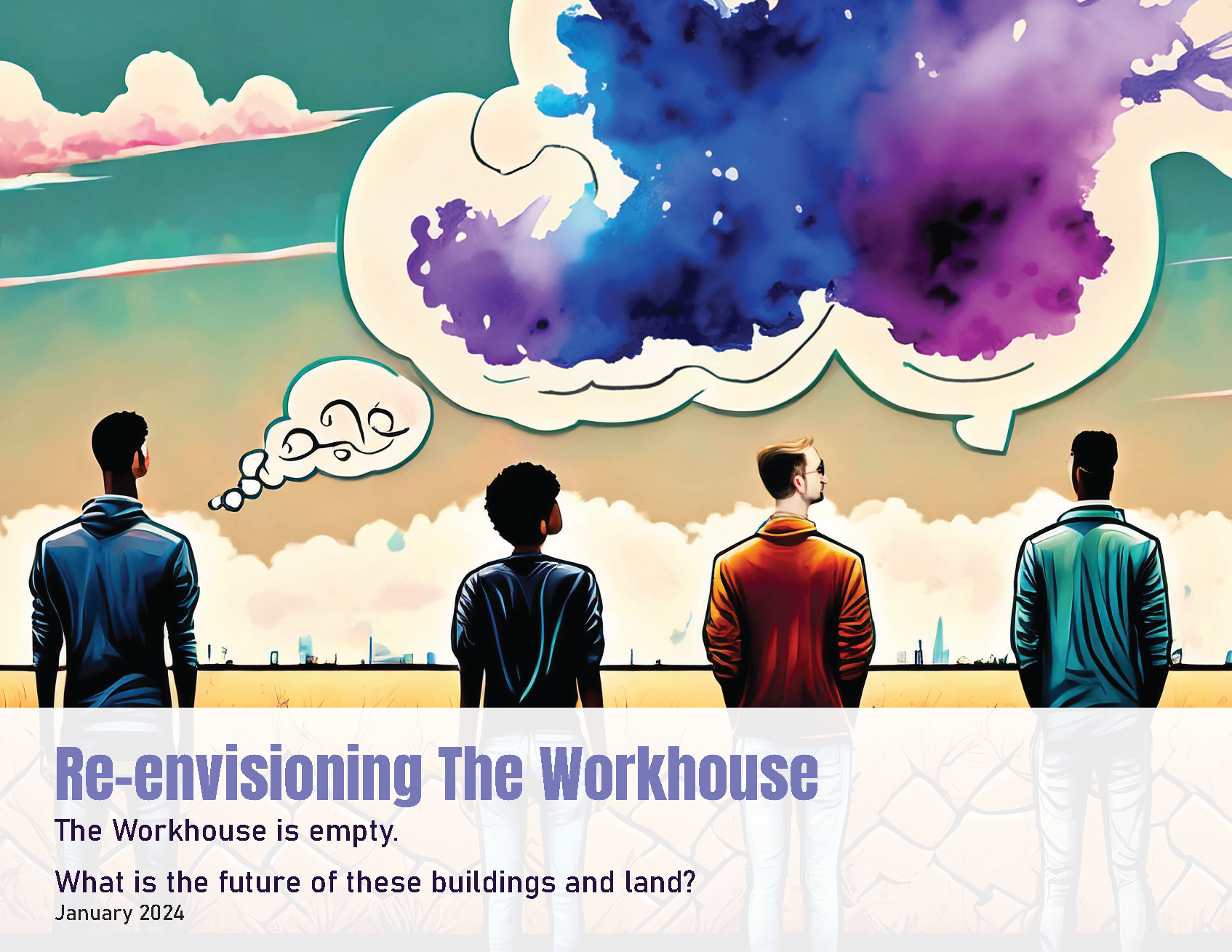CAMPAIGN HISTORY
The Workhouse, a brutal and inhumane jail in St. Louis, has caused immense harm to Black St. Louisans over the past 50 years. It represents the city’s failed public safety approach and has spurred public scrutiny, legal battles, and activism.
The Workhouse is part and parcel of a racist and predatory system of mass incarceration that grew directly out of slavery and Jim Crow and works to perpetuate this shameful legacy in America. The story of the Workhouse illustrates this oppressive history.
Key milestones in the CTW campaign
July 2017
A heatwave inside the jail sparked national attention after detainees, including Diedre Wortham, faced life-threatening conditions.. Wortham, jailed over a traffic ticket, filed a federal lawsuit with others in November 2017.
April 2018
The Close the Workhouse (CTW) campaign was founded, led by racial justice organizations like Action St. Louis, ArchCity Defenders, and M.O.R.E. aiming to shut the jail and prevent building a new one.
2018–2019
The campaign released reports and held numerous meetings, rallies, and events. Local and national endorsement of the campaign grew, and The Bail Project – St. Louis became a co-anchor. In January 2019, ArchCity Defenders and co-counsel filed a lawsuit challenging St. Louis' unconstitutional cash bail system, which led to the release of 119 people in June 2019. Instead of setting unaffordable cash bail, judges mostly detain people on “no bond allowed” or order electronic monitoring upon their release.
2020–2021
Amid the COVID-19 pandemic, the campaign shifted tactics, with virtual events and advocacy pushing for jail releases due to unsanitary conditions. In July 2020, the city voted to close the Workhouse, with momentum building for a permanent closure. By July 2021, the jail was empty for the first time.
2022–2023
The city engaged in a process to gather community input on the future of the site. The "Re-envisioning the Workhouse Committee" released a report in December 2023, recommending memorials and community resources but rejecting the site for housing. In February 2024, the campaign pushed for reparations and funding for a memorial resource hub.
2024
Mayor Jones opposed the community-driven recommendations, with the campaign continuing its petition drive and media outreach to hold the city accountable.
2025
In March, demolition began on the Workhouse. By September, it had been reduced to rubble.
The ongoing fight is focused on honoring survivors, adopting community-driven recommendations, and ensuring long-term justice.




